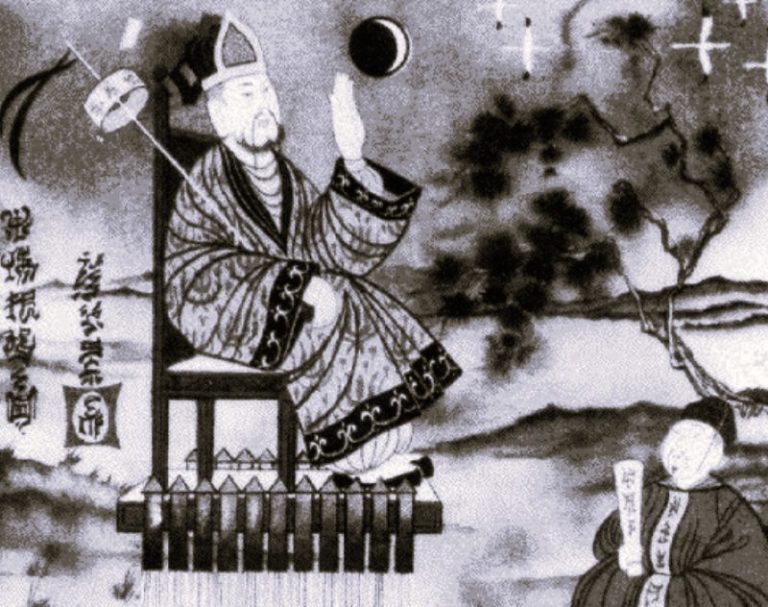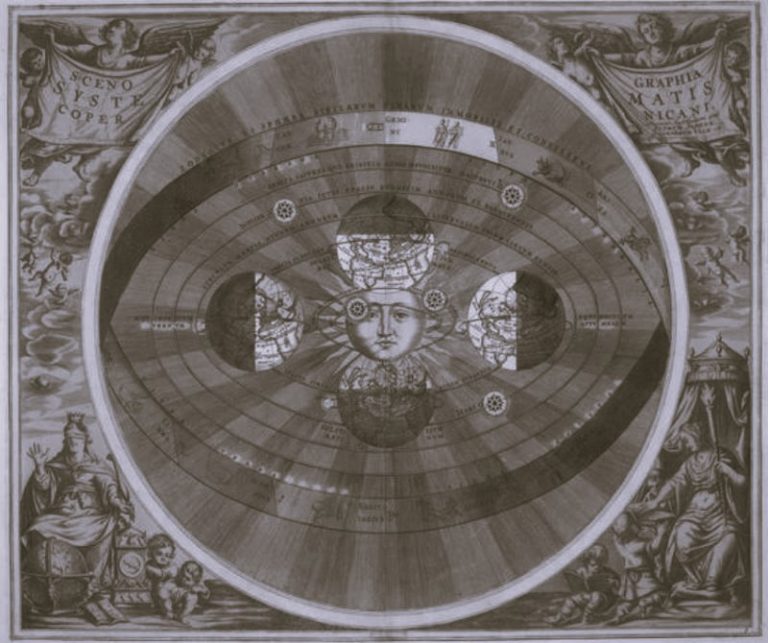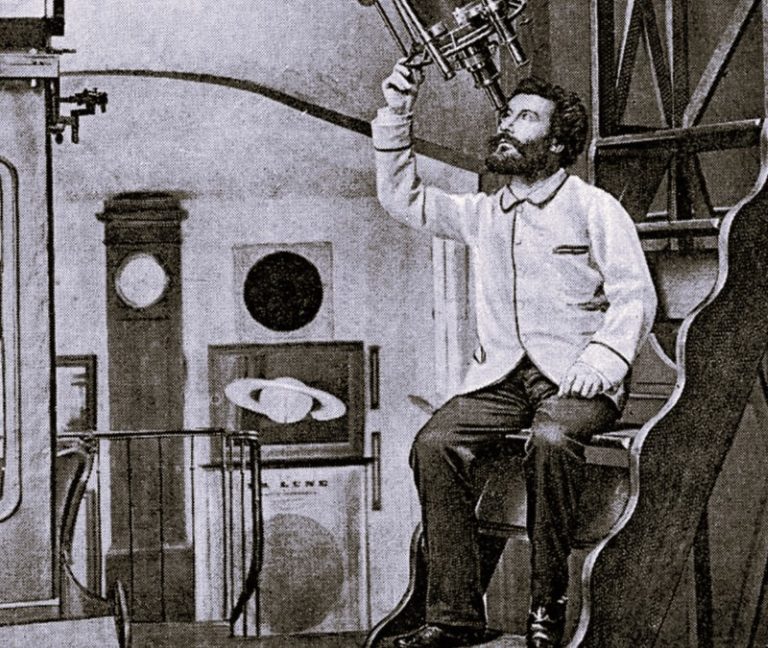


By Dr. Rebecca Berens Matzke
Professor of History
Ripon College
In the Great War, the British government modernised and systematised propaganda for the first time. From the beginning in 1914, it aimed not only at domestic and enemy audiences, but also at the most powerful neutral country: the United States. The Propaganda Bureau, operating secretly from Wellington House, recruited popular British authors to write or compile persuasive information in pamphlets. Their provenance disguised, these pamphlets were then mailed directly to thousands of ‘opinion makers’ in the USA—professionals, political and church leaders, academics, and journalists. They aimed to influence American public opinion toward preserving the nation’s benevolent neutrality and later to recruit the USA to Britain’s cause.
The pamphlets were designed to look, frankly, boring. They lacked the punch and vividness of the well-known propaganda posters of the time. But this was deliberate: their bland covers and pages of pure text would give them credibility with their educated audience, who might feel manipulated by an overtly emotional appeal.
Empire was a consistent theme in these hundreds of pamphlets. Many compared ‘enlightened’ British methods of colonial rule with ‘barbaric’ German practices, even noting the massacre of the Herero in German Southwest Africa. Numerous others emphasised the voluntary unity of Britain’s empire, frequently reprinting speeches by Indian and Dominion notables about their loyalty in the fight.
Why did Wellington House send so many colonially-themed pamphlets to the USA? Did they assume Americans were anti-imperialists who needed to be brought round to supporting imperial Britain? On the contrary, they seemed to recognise America’s fairly recent acquisition of its own empire in the Spanish-American War. By 1914 the USA controlled the Philippines, Cuba, and Puerto Rico; the British pamphlets assumed the American elites they were targeting approved of this new empire. British propaganda as a whole aimed to convince Americans that the two nations shared a common identity and common interests. Now that both had colonies, the pamphlets could play up those commonalities.
Some pamphlets promoted beneficent British colonial rule as a model for the USA One of the most interesting was a pamphlet titled Some American Opinions on the Indian Empire (n.d. but probably 1915). The pamphlet compiled selections from speeches and writings by Americans—‘impartial critics’—including the imperialist former president Theodore Roosevelt. Comments from Roosevelt, his fellow ex-president William H. Taft, and various American missionaries, writers, and military men praised Britain’s colonial government. Roosevelt’s reprinted 1909 speech cheered that ‘the successful administration of the Indian Empire by the English has been one of the most notable and the most admirable achievements of the white race during the past two centuries. On the whole, it has been for the immeasurable benefit of the nations of India themselves.’
Other selections in the pamphlet also established the idea that leading Americans considered Britain a good example for the USA. Taft’s reprinted 1914 speech noted that his own experiences in the Philippines prompted him to study Britain’s ‘marvelous accomplishment…in spreading civilisation over the world and promoting the happiness of 400,000,000 people’. A 1908 article by James Mascarene Hubbard also set up Britain’s colonial administration as an exemplar. Hubbard expressed envy that Britain kept peace in India with a smaller force than the USA needed in the Philippines; he put this down to the ‘pure contentment’ Britain had brought to its colonial subjects.

The pamphlet of ‘American opinions’ and the many others with colonial themes combined to make an argument that fitted their particular American audience. Their intended readers were probably proud of both American democracy and American expansion, but it’s doubtful that they wanted to extend the rights of ‘real’ Americans to Cubans or Filipinos. Britain was in much the same paradoxical position: almost fully democratic at home (with the key exception of women), yet also ruling millions autocratically. What, then, could Britain—and by extension, the United States—offer their colonies to excuse these contradictions? Peace, stability, material improvements, and good government. These ideas ran through the British propaganda pamphlets of the Great War.
Originally published by the University of Kent, 06.05.2017, republished under an open access license for educational, non-commercial purposes.






